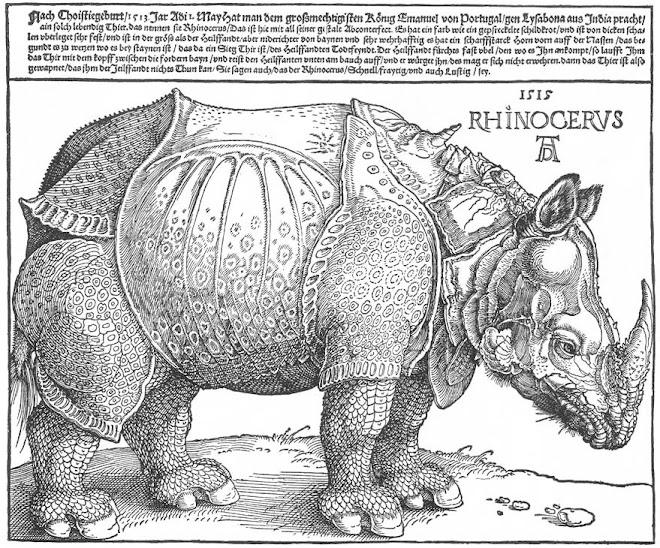Of essential necessity (in the Apriori of unconditioned eidetic universality), to every "truly existing" object there corresponds the idea of a possible consciousness in which the object itself is seized upon originarily and therefore in a perfectly adequate way. Conversely, if this possibility is guaranteed, then eo ipso the object truly exists.
§142. Rational Positing and Being.
---
Evidence is, in fact, not some sort of consciousness-index attached to a judgment (and usually one speaks of such evidence only in the case of judgment), calling to us like a mystic voice from a better world: Here is the truth; -- as though such a voice would have something to say to free spirits like us and would not have to show its title to legitimacy. We no longer need to argue with skepticism, nor take into consideration objections of the old type which cannot overcome the theory of evidence which resorts to indices and feeling: whether an evil genius (the Cartesian fiction) or a fateful change in the factual course of the world could make it happen that just any false judgment would be outfitted with this index, this feeling of intellectual necessity, of the transcendent oughtness; and the like. (p. 345) <300>
§145. Critical Considerations Concerning the Phenomenology of Evidence.
From:
Ideas Pertaining to a Pure Phenomenology and to a Phenomenological Philosophy.
First Book: General Introduction to a Pure Phenomenology by Edmund Husserl, translated by F. Kersten.
The Hague: Martinus Nijhoff Publishers, a member of the Kluwer Academic Publishers Group. Copyright © 1982.
Translation of Edmund Husserl,
Ideen zu einer reinen Phänomenologie und phänomenologischen Philosophie, I. Buch: Allgemeine Einführung in die reine Phänomenologie.
Halle a. d. S., Max Niemeyer Verlag, 1913.
06 December 2019
Subscribe to:
Comments (Atom)



+--+Albrecht+D%C3%BCrer.bmp)
